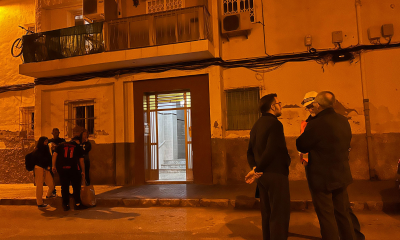Food and Drink
Food Around Spain
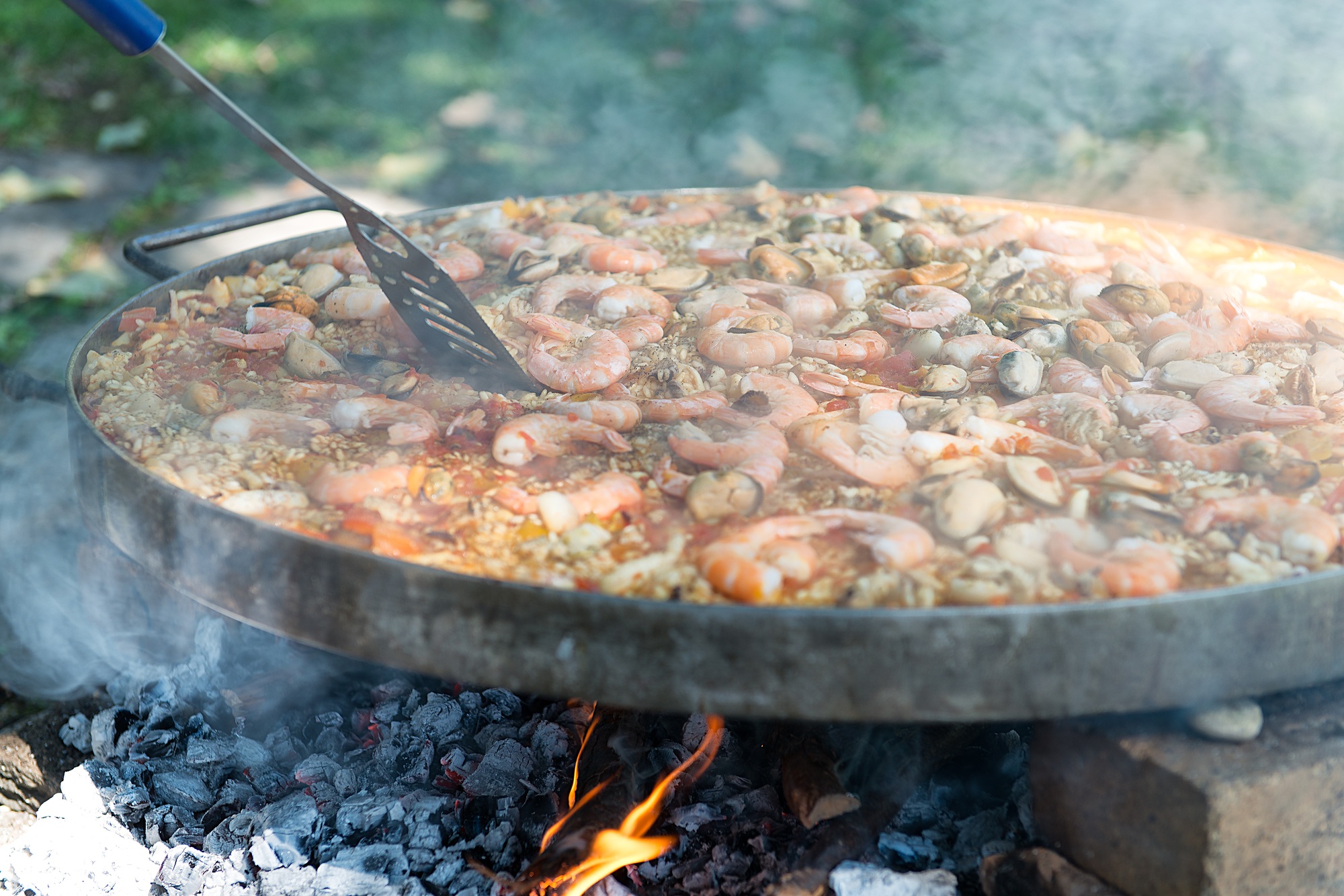
Spain, a land of vibrant culture and sun-drenched landscapes, is a culinary paradise, where each region boasts its own distinctive flavors. From the pintxos of San Sebastian to the hearty stews of Castile, the country offers a gastronomic journey that tantalises the taste buds. However, for a truly sun-kissed culinary experience, the Costa Blanca stands out.
This south eastern stretch of Mediterranean coastline, renowned for its pristine beaches and azure waters, also offers a rich tapestry of gastronomic delights. The region’s cuisine is a celebration of fresh, local ingredients, reflecting its coastal location and fertile inland valleys. Seafood, naturally, takes centre stage.
Think succulent prawns from Denia, grilled sardines enjoyed al fresco, and the ubiquitous paella, a dish that finds its most authentic expression here. Costa Blanca’s paella, often cooked over wood fires, features locally sourced rice, fresh seafood, and sometimes rabbit or chicken, creating a symphony of flavours that evoke the essence of the Mediterranean.
Beyond seafood, the region’s fertile hinterland provides a bounty of fresh produce. Citrus fruits, almonds, and olives flourish, contributing to the vibrant flavours of local dishes. The “naranja” (orange) is a regional icon, finding its way into salads, desserts, and even savoury sauces. Almonds, meanwhile, are transformed into turrón, a sweet nougat that is a traditional Christmas treat, but enjoyed year-round.
The Costa Blanca’s culinary scene is not just about traditional fare. Modern restaurants are also making their mark, blending innovative techniques with local ingredients. Michelin-starred establishments and trendy tapas bars offer a contemporary twist on classic dishes, showcasing the region’s evolving gastronomic landscape.
Local markets, like the bustling Mercado Central in Alicante, provide a sensory feast, revealing the region’s culinary essence. Here, you can find fresh fish, vibrant vegetables, and local delicacies, providing the perfect ingredients for a home-cooked Mediterranean meal.
Whether you’re savouring fresh seafood by the sea, indulging in a hearty paella, or exploring the vibrant local markets, the Costa Blanca offers a culinary adventure that is as captivating as its stunning scenery. It’s a place where food is not just sustenance but a celebration of life, sunshine, and the rich tapestry of Spanish flavors. Sources and related content
Discover more from Costa Blanca Daily
Subscribe to get the latest posts sent to your email.
Food and Drink
Global wine consumption fell by 3.3% in 2024, reaching its lowest level since 1961

The estimation for global wine consumption in 2024 is 214 million hectolitres, which is a 3.3% decrease from 2023. This figure would represent the lowest global consumption level since 1961 if it is confirmed.
The International Organisation of Vine and Wine (OIV) proclaimed this on Tuesday, April 15th, emphasising the significance of multilateral cooperation and adaptability to evolving circumstances. The organisation published statistics on production, consumption, and trade for all producing and consuming countries (more than 180) in order to provide a comprehensive overview of the sector for the 2024 calendar year.
Particularly, he observed that this decrease in consumption is the result of “a confluence of economic and geopolitical factors that generate inflation and uncertainty, as well as a decline in mature markets, driven by evolving lifestyle preferences, shifts in social habits, and generational changes in consumer behaviour.” Nevertheless, the consumption of wine has never been so prevalent on a global scale in 195 countries. It is important to bear in mind that numerous countries with substantial populations and high aggregate consumption still possess substantial growth potential.
The OIV observed that the global vineyard area has decreased over the past four years. A reduced rate of decline was suggested by a 0.6% contraction to 7.1 million hectares in 2024. The primary reason for this decline is the clearance of vineyards in the primary wine-growing regions. However, certain countries are exhibiting a dynamic expansion of their vineyards, as explained.
In 2024, it is anticipated that the global wine production will reach 226 million hectolitres, the lowest level in over 60 years, a 5% decrease from 2023. This is predominantly the result of climate change, which is driving unpredictable and extreme weather events in both the northern and southern hemispheres.
Maintaining equilibrium between supply and demand
The OVI anticipates that the global market balance will persist in 2024, despite the ongoing declines in both production and consumption. This is due to the fact that production is unlikely to surpass demand, a trend that was observed during the subpar 2023 harvest. “The market may be stabilised by two consecutive years of low production, although stock levels are expected to remain inconsistent across regions.” “International trade preserves its volume and value,” it clarified.
The export volume remained consistent at 99.8 million hectolitres. The average export price of €3.60/litre remains at a historically high level, despite a minor decrease in export value by 0.3% to €36 billion. In comparison to pre-pandemic years, prices remain elevated by nearly 30% due to inflation and inadequate supply.
Director General John Barker of the OIV stated that the wine sector faces a challenge in adapting to all of these impacts; however, successful adaptation will provide opportunities. These are the components that will propel progress in the wine sector: collaborating to create climate change solutions and establish wine as a sustainability benchmark; investing in research on new audiences to gain a better understanding of their perspective on wine; and fortifying our dedication to global trade and multilateralism.
Discover more from Costa Blanca Daily
Subscribe to get the latest posts sent to your email.
Costa Blanca
UK bans EU cheese and meat to stop disease spreading
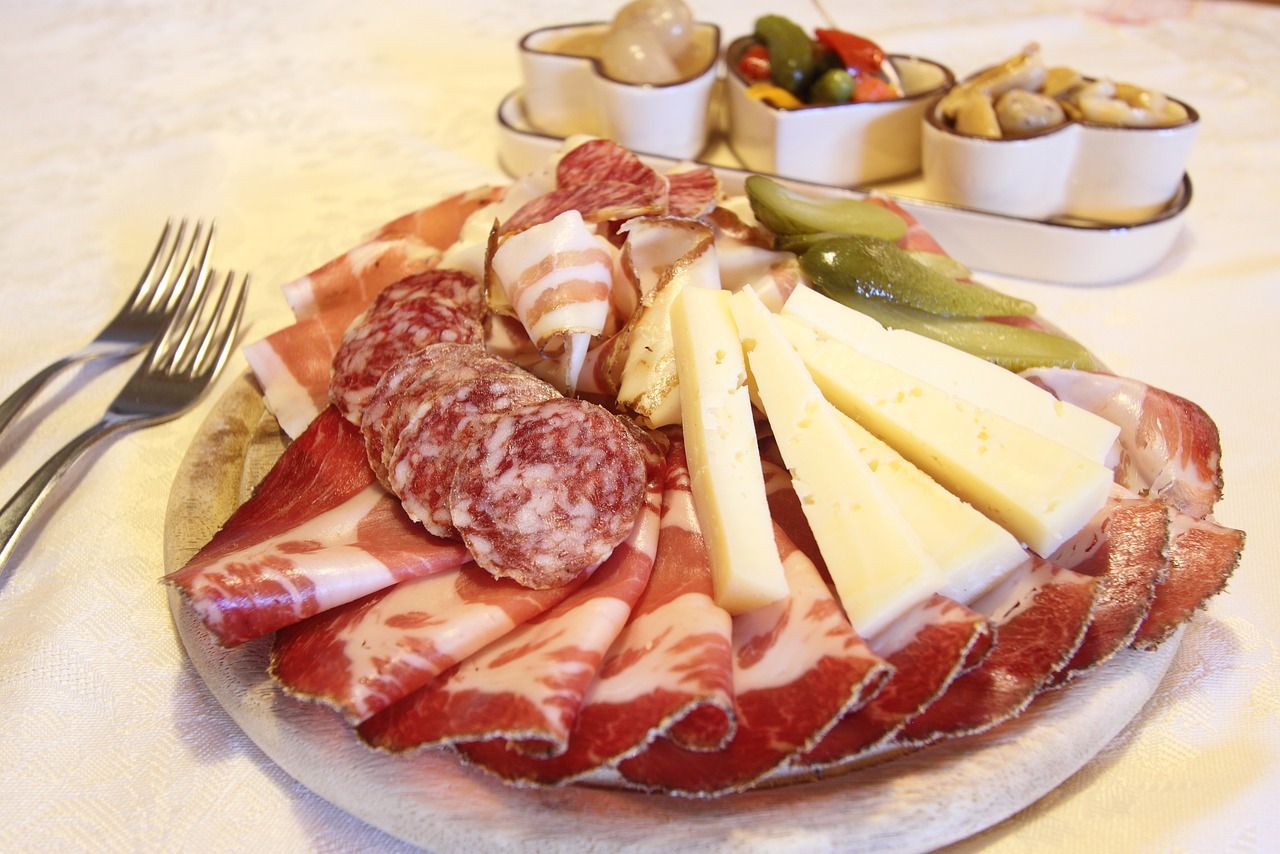
The UK government has implemented a temporary prohibition on the importation of cheese and meat products from the EU by holidaymakers in order to mitigate the transmission of foot-and-mouth disease.
Since Saturday, travellers have been prohibited from returning with items such as cured meat and cheese, including those used in sandwiches, as a result of the expanding pandemic on the continent.
Regardless of whether the products are purchased from a duty-free store or are packaged or packed, the restrictions remain in effect.
It follows an earlier prohibition of comparable products from Hungary, Slovakia, Germany, and Austria in response to the escalating prevalence of the cattle disease in those nations.
The restrictions are applicable to individuals who arrive in Great Britain, not Northern Ireland, Jersey, Guernsey, or the Isle of Man.
If individuals attempt to bring in products, they will be confiscated and destroyed. In “serious cases,” individuals may be subject to a fine of up to £5,000.
Among the restricted products are:
Pork, beef, lamb, mutton, goat, venison, other products created from these meats, such as sausages milk and dairy products like butter, cheese, and yoghurt.
Individuals are permitted to bring a maximum of 2kg of reconstituted infant milk, infant food, or special food that is required for medical purposes.
Foot and mouth disease is a highly contagious virus that can result in lameness and nutrition difficulties, as well as blisters in the mouth and under the hooves of animals.
At present, there are no instances of foot-and-mouth disease in the United Kingdom.
The most recent outbreak in the United Kingdom occurred in 2001. Despite the fact that there were only 2,000 confirmed cases, over six million sheep, cattle, and swine were slaughtered.
This is due to the fact that each of those instances resulted in the slaughter and burning of all of the livestock on a property.
The National Farmers Union’s president, Tom Bradshaw, expressed his satisfaction with the government’s decision to extend the initial prohibition, stating that it was “quick” to implement it.
He stated that “increased border controls are imperative” in order to contain the disease.
Mr. Bradshaw advocated for “a comprehensive cross-government biosecurity plan that would establish these restrictions on a permanent legislative basis and receive the requisite investment.”
The Guild of Fine Food, which represents independent food and drink retailers, stated that the ban on ‘holiday treats’ was ‘hurried’. However, it also noted that it brought the UK government’s policy for holidaymakers more in accordance with the restrictions already in place for small businesses.
“The food and drink industry is unequivocally in favour of the importance of biosecurity and the protection of our farmers,” stated John Farrand, the managing director of the Guild of Fine Food.
He stated, however, that the “bureaucracy” that was implemented following Brexit had imposed “significant constraints” on minor food and drink importers and exporters..
Discover more from Costa Blanca Daily
Subscribe to get the latest posts sent to your email.
Costa Blanca
Salmonella found in Día’s chicken burgers
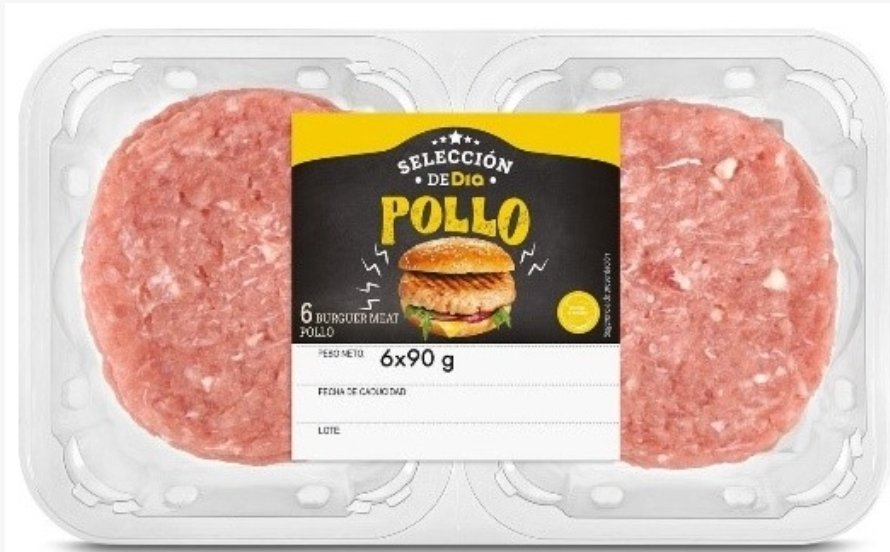
The ‘Día Selection’ brand of chicken patties has been found to contain Salmonella by health authorities.
After receiving notification through SCIRI, the rapid information exchange system between autonomous communities, the Spanish Agency for Food Safety and Nutrition (Aesan) activated the food alert protocol.
The product in question is batch number 250969 and has an expiration date of 19/04/2025.
Plastic containers are used to present these packages, which contain six units each weighing 90 grammes, for a total weight of 540 grammes. They are stored in the refrigerator.
The initial distribution encompassed nine autonomous communities: Andalusia, Aragon, Asturias, Castile and Leon, Castile-La Mancha, Catalonia, Valencian Community, Galicia, and Madrid.
Nevertheless, AESAN issued a cautionary note regarding potential secondary redistributions to other regions.
It is recommended that consumers who have this product refrain from eating it.
It is advised that you visit a health centre immediately if you have consumed the contaminated hamburgers and are experiencing symptoms such as diarrhoea, vomiting, fever, or headache, which are indicative of salmonellosis.
The authorities’ actions
The immediate withdrawal of the product from points of sale was coordinated by AESAN in collaboration with the afflicted autonomous communities. The SCIRI (Spanish Agency for International Trade and Development) facilitated the rapid dissemination of the alert to all potentially affected regions in order to safeguard public health.
Salmonella is one of the primary causes of foodborne illness, and this microbiological contamination poses a substantial health risk. To monitor potential cases associated with this outbreak, authorities are maintaining their surveillance protocol.
Discover more from Costa Blanca Daily
Subscribe to get the latest posts sent to your email.
-

 Costa Blanca7 days ago
Costa Blanca7 days agoTorrevieja fails to comply with its commitment to open new road at La Hoya for Easter
-
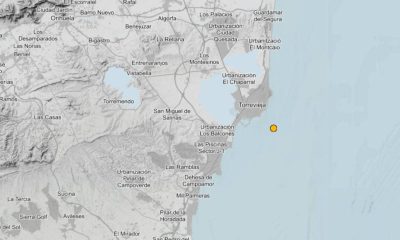
 Costa Blanca2 weeks ago
Costa Blanca2 weeks agoTorrevieja records a 2.8 magnitude earthquake
-

 Costa Blanca1 week ago
Costa Blanca1 week agoArrested in Murcia for activities linked to jihadist terrorism
-

 Costa Blanca2 weeks ago
Costa Blanca2 weeks agoThe Alicante Tourist Board website now available in seven languages
-

 Costa Blanca1 week ago
Costa Blanca1 week agoBenidorm will celebrate the 40th ‘Bike Day for All’ on May 4th
-

 Costa Blanca1 week ago
Costa Blanca1 week agoTwo new quad bikes to monitor the beaches of Benidorm
-

 Costa Blanca1 week ago
Costa Blanca1 week agoTorrevieja aims to have 200 local police officers by 2027
-

 Costa Blanca2 weeks ago
Costa Blanca2 weeks agoElderly man held captive by couple who scammed him out of 85,000€









